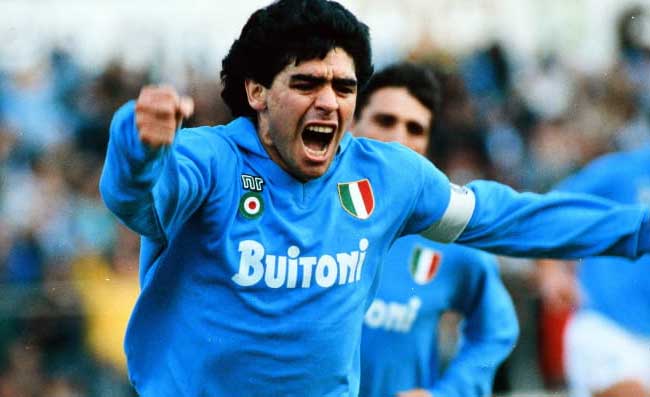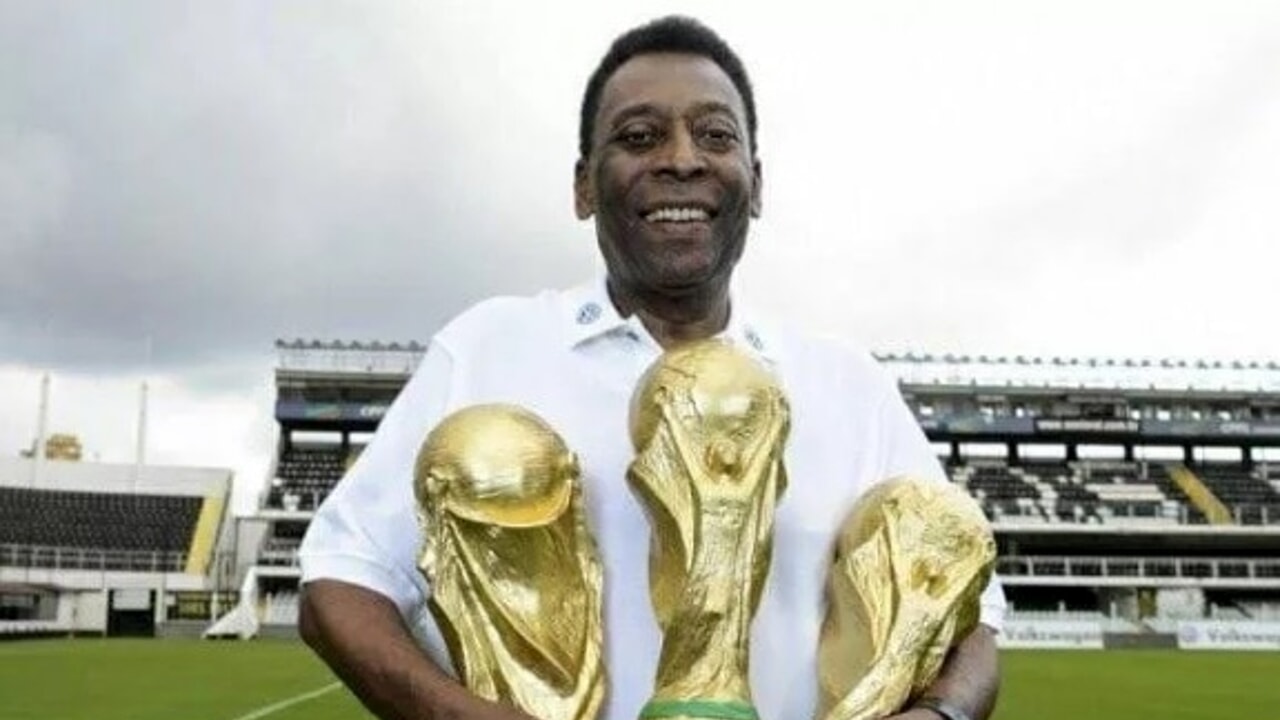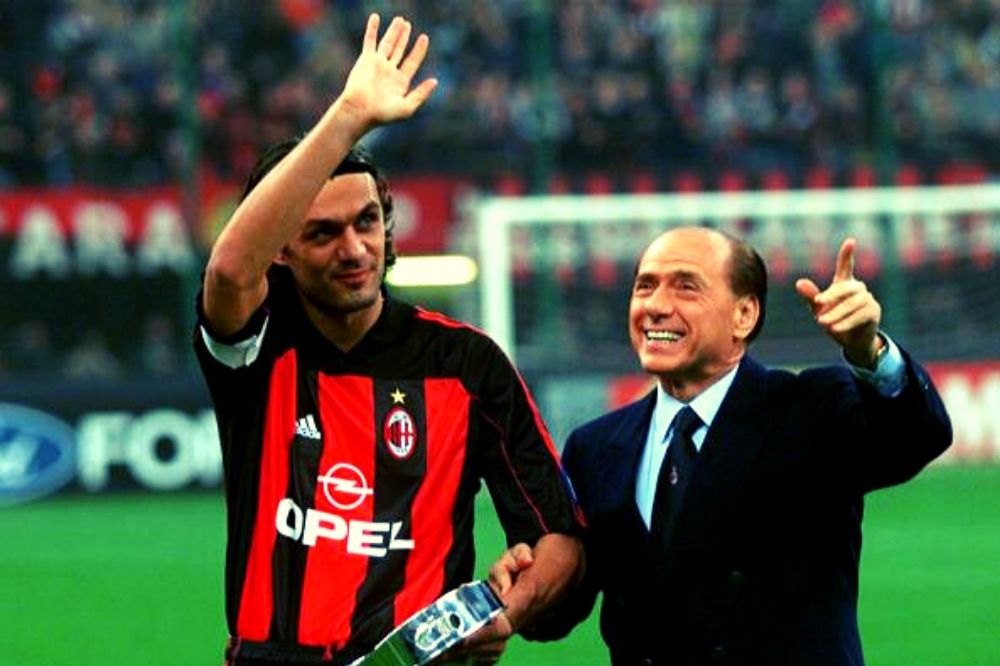
Diego Maradona: The Legend Who Transcended Football
Diego Maradona, an iconic figure in the world of football, is a name that resonates with passion, skill, and controversy. Widely regarded as one of the greatest football players of all time, Maradona's life was filled with extraordinary highs and lows, making him a symbol of both genius and human vulnerability. From his early days in Argentina to his memorable performances at the 1986 World Cup, Maradona's story is one of a true footballing legend.
Early Life and Career
Born on October 30, 1960, in Villa Fiorito, a poor neighborhood on the outskirts of Buenos Aires, Diego Armando Maradona grew up in a humble setting. Despite the hardships, his innate talent for football was evident from a young age. By the time he was just eight years old, he joined the youth team of Argentinos Juniors, where his dazzling skills began to turn heads.
His professional career started at the age of 16 with Argentinos Juniors, but it was his move to Boca Juniors in 1981 that really launched him into the spotlight. The passionate Boca Juniors fans adored him, and Maradona’s performances on the field were nothing short of mesmerizing. His dribbling, vision, and creativity were beyond what most had ever seen.
The World Stage: Maradona and the 1986 World Cup
Maradona’s true breakthrough on the global stage came during the 1986 FIFA World Cup in Mexico. It was here that he achieved footballing immortality. The tournament is best remembered for Maradona’s stunning performances, including his infamous "Hand of God" goal against England in the quarter-finals, and his brilliant solo effort, where he dribbled past half the English team to score what many consider the greatest goal in World Cup history.
His leadership and brilliance guided Argentina to their second World Cup victory, with Maradona scoring five goals and assisting in five more. His ability to influence a match, seemingly single-handedly, left fans and players alike in awe. The 1986 World Cup solidified his reputation as one of the greatest players ever to grace the sport.
A Career Across the Globe
Following his success in 1986, Maradona's career took him to some of Europe’s top clubs. He moved to Barcelona in 1982, where his time was marked by both moments of brilliance and injury struggles. However, it was his later move to Napoli in 1984 where he truly cemented his legacy in European football.
At Napoli, Maradona transformed the team. Under his leadership, Napoli won two Serie A titles (1986-87 and 1989-90), their first-ever Italian league titles. His connection with the city of Naples was electric. Maradona became a hero not only for his footballing prowess but also because he gave the working-class city something to believe in. His years at Napoli were filled with iconic moments, and his success there helped elevate him to a god-like status in the city.
Maradona’s club career also saw him play for Sevilla, Newell’s Old Boys, and finally, return to Boca Juniors in 1995, where he ended his playing career in 1997.
The Dark Side: Struggles Beyond the Pitch
While Maradona's footballing talent was unparalleled, his life off the pitch was often turbulent. He battled with addiction to drugs, particularly cocaine, which overshadowed much of his personal and professional life. These struggles affected his career, causing suspensions, health problems, and a fractured relationship with many in the football world.
Yet, Maradona's charisma and charm never waned. Despite his personal battles, he remained an inspiration to millions of fans who admired his talent and resilience. His open struggles with addiction made him a deeply relatable figure, highlighting the vulnerabilities of a man who was often seen as larger than life.
Maradona as a Coach and His Lasting Legacy
After retiring as a player, Maradona turned to coaching, with stints in various countries. His managerial career had its ups and downs, but his passion for the game remained unwavering. Perhaps most notably, he managed the Argentine national team between 2008 and 2010, leading them to the quarter-finals of the 2010 World Cup. His leadership was a reminder of the fierce competitiveness that he had shown as a player.
Maradona's influence on the game cannot be overstated. His dribbling ability, vision, and passion for football inspired generations of players, including legends like Lionel Messi. His audacity and flair on the ball gave fans a glimpse of football as an art form, transcending tactics and strategy. He demonstrated that football was more than just a game; it was a platform for expression, creativity, and pure joy.
Maradona passed away on November 25, 2020, leaving behind a legacy that will never be forgotten. His passing marked the end of an era, but his influence continues to live on in every football fan’s memory. From his genius at the 1986 World Cup to his battles with addiction, Maradona’s story is one of triumph, tragedy, and undeniable genius.
In the end, Diego Maradona was more than just a footballer; he was a cultural icon. His name will forever be etched in the annals of football history, reminding us that the beautiful game is not just about winning—it’s about inspiring, entertaining, and capturing the hearts of millions around the world.



Commenta
Questo sito è protetto da hCaptcha e applica le Norme sulla privacy e i Termini di servizio di hCaptcha.